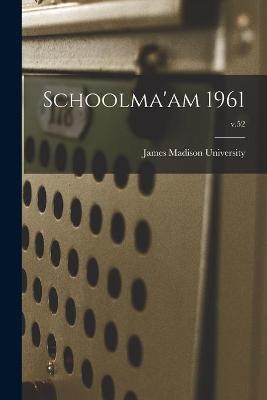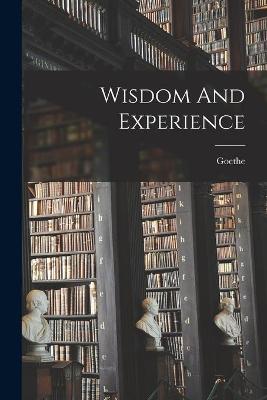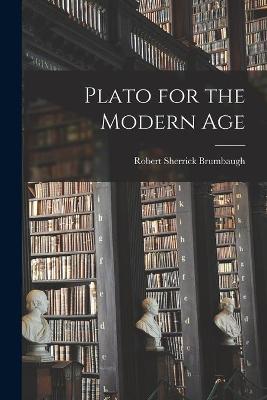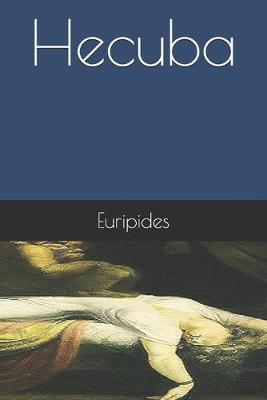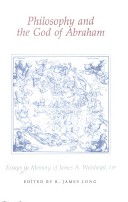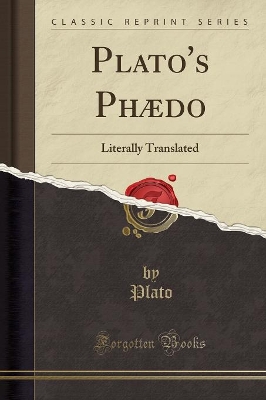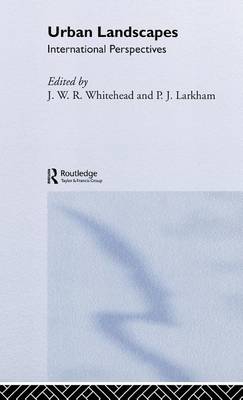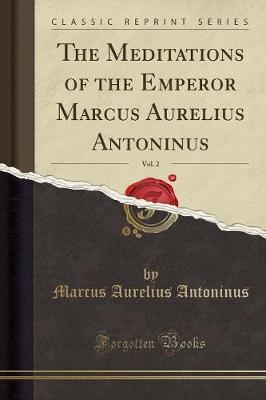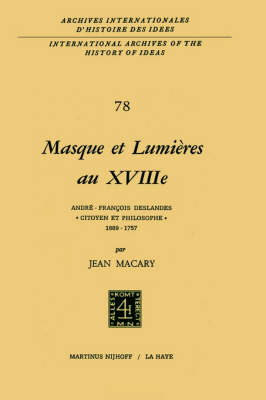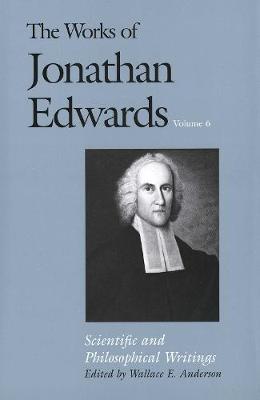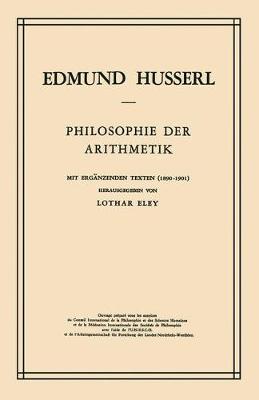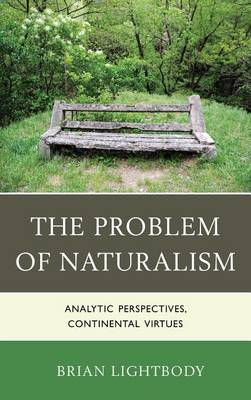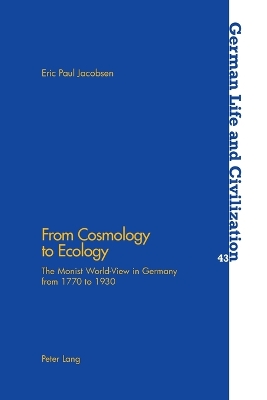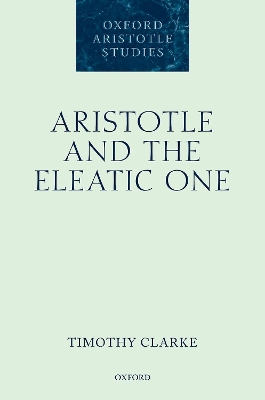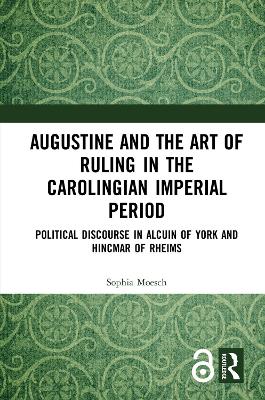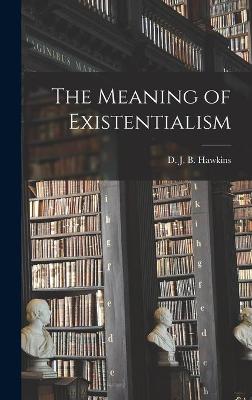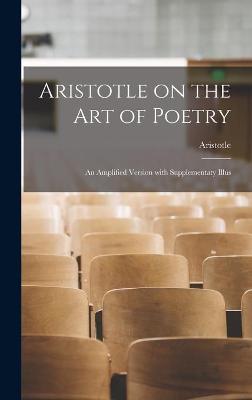Hecuba (The Greek Tragedy in New Translations) (BCP Greek Texts)
by Euripides
Also available in paperback. Please see page 00 for a full description.
Logos of Phenomenology and Phenomenology of the Logos. Book One
by England) World Congress of Phenomenology (3rd 2004 Oxford
David Michael Levin's ongoing exploration of the moral character and enlightenment-potential of vision takes a new direction in The Philosopher's Gaze. Levin examines texts by Descartes, Husserl, Wittgenstein, Nietzsche, Heidegger, Benjamin, Merleau-Ponty, and Levinas, using our culturally dominant mode of perception and the philosophical discourse it has generated as the site for his critical reflections on the moral culture in which we are living. In Levin's view, all these philosophers attemp...
Samtliche Werke Band 3: Theologisch-Politischer Traktat (Philosophische Bibliothek)
by Baruch De Spinoza
The Meditations of the Emperor Marcus Aurelius Antoninus, Vol. 2 (Classic Reprint)
by Marcus Aurelius Antoninus
The Works of Jonathan Edwards, Vol. 6 (The Works of Jonathan Edwards)
by Jonathan Edwards
This volume contains two major manuscript notebooks of Jonathan Edwards-"Natural Philosophy" and "The Mind"-as well as a number of shorter manuscript writings connected with his scientific interests and philosophical development. Several of the shorter papers have not previously been published, notably Edwards' letter on the "flying" spider (hither known only in a draft version), an essay on light rays, and a brief but important set of philosophical notes written near the end of his life. Wherev...
Philosophie Der Arithmetik (Husserliana: Edmund Husserl - Gesammelte Werke, #12)
by Edmund Husserl and L. Eley
Der Begriff der Zahl ist ein vielfacher. Darauf weist uns schon die Mehrheit verschiedener Zahlworter hin, die in der Sprache des gewohnlichen Lebens auftreten und von den Grammatikern unter 5 folgenden Titeln aufgefiihrt zu werden pflegen: die Anzahlen oder Grundzahlen (numeralia cardinalia), die Ordnungszahlen (n. ordinalia), die Gattungszahlen (n. specialia), die Wiederho- lungszahlen (n. iterativa), die Vervielfaltigungszahlen (n. multi- plicativa) und die Bruchzahlen (n. partitiva). DaB die...
Philosophers often use the term "naturalism' in order to describe their work. It is commonplace to see a metaphysical, epistemological and/or ethical position self-described and described by others as one that is "naturalized." But what, if anything, does the term naturalized add--or subtract---to the position being articulated? I demonstrate in The Problem of Naturalism: Analytic and Continental Perspectives, that the term naturalism connotes such a broad meaning that it is difficult to demarca...
From Cosmology to Ecology (German Life & Civilization, #43)
by Eric Jacobsen
In this book Timothy Clarke examines Aristotle's response to Eleatic monism, the theory of Parmenides of Elea and his followers that reality is 'one'. Clarke argues that Aristotle interprets the Eleatics as thoroughgoing monists, for whom the pluralistic, changing world of the senses is a mere illusion. Understood in this way, the Eleatic theory constitutes a radical challenge to the possibility of natural philosophy. Aristotle discusses the Eleatics in several works, including De Caelo, De Gene...
Augustine and the Art of Ruling in the Carolingian Imperial Period
by Sophia Moesch
The Open Access version of this book, available at http://www.tandfebooks.com/doi/view/10.4324/9781351116022, has been made available under a Creative Commons Attribution-Non Commercial-No Derivatives 4.0 licence. DOI https://doi.org/10.4324/9781351116022 Published with the support of the Swiss National Science Foundation. This volume is an investigation of how Augustine was received in the Carolingian period, and the elements of his thought which had an impact on Carolingian ideas of ‘state...
Aristotle on the Art of Poetry; an Amplified Version With Supplementaty Illus
